Consul General — now Ambassador — Yuval Rotem arrived as a 39-year-old career diplomat in Los Angeles in September 1999, with his wife, Miri, and their three children. He will return to Jerusalem Aug. 16, leaving behind hundreds of friends who consider him one of the most popular and effective envoys to have represented his country in Southern California, the Southwestern United States and Hawaii. The Jewish Journal met with Rotem in his office for a farewell interview.
Jewish Journal: What will you miss most about Los Angeles?
Yuval Rotem: Our monthly shopping trip to Costco — there’s nothing more American. I’ll miss the games at Staples Center. That’s the only place I turned off my cell phone to get completely away from everything. Also, taking the car and the family and going from Santa Monica to downtown, to see all the changes of faces and signs. And, of course, the weather.
JJ: How has your five-year stay affected you personally?
YR: I am returning to Israel as a better Jew. I represent the typical secular Israeli, and I was transformed by the flourishing Jewish life here. To pray with Jews in Maui, to buy at a kosher market in Salt Lake City, to see the number of synagogues in Las Vegas go from four in 1980 to 30 now, that’s a whole new horizon.
I have learned about Judaism through the eyes of my kids, who studied at Temple Beth Am. I realize now that we need more of a Jewish curriculum in Israeli schools, but at the same time there has to be more about Israel in Jewish education here. When you see the crisis on college campuses, to some degree that represents a failure to teach young Jews about Middle East history and Israel and to take pride in their heritage.
JJ: What were your goals when you came here and did you carry them out?
YR: When I arrived in 1999, we seemed to be on the road to peace with our neighbors, and I felt that in our relationship with American Jews, we needed a new sense of purpose, a new agenda. But the following year, with the intifada, we were back to the old, crisis-driven agenda. I found The Jewish Federation and its president, John Fishel, very sensitive and understanding to the sudden change of agendas.
JJ: If and when peace comes, what would be the "new" agenda?
YR: Israel and the Diaspora always come together in time of crisis, but perhaps with peace, we can have a less emotional, a more rational approach, focusing on the social fabric and economy of Israel. I think there should be an unofficial task force of American Jews and Israelis of my generation to lay out the new guidelines. But we Israelis are so overwhelmed by crises that the initiative has to come from your side.
JJ: How would you evaluate the Jewish community here. Is it cohesive?
YR: I would hardly use he word "cohesive." You have all the different ethnic tribes and tons of organizations. It’s quite a challenge to the leadership to overcome the divisions and come up with a common agenda.
Overall, though, in time of crisis, The Federation here, unlike federations in many other places, always rose to the occasion. L.A. was the only place where the consulate and Federation worked together to stage a mass public rally in 2001 along Wilshire Boulevard in support of Israel.
JJ: Who are the key leaders in the Jewish community, the ones you would call first if you needed advice or help?
YR: Don’t put me on the spot. I’ll say that I have a list of about 100 people, and it’s not that much different from the one you put together for The Jewish Journal some years ago. This is a very diverse community, which is wonderful, but in the end, Aish HaTorah and Peace Now need to know that we have the same goal to pursue.
JJ: You tried very hard to enlist the Hollywood community to visit Israel during the last few years. How did it work out?
YR: That’s been a definite disappointment. In 2001 and 2002, when there was no tourism, the economy was down and Israelis felt isolated. In that moment of truth, only a very few in Hollywood were willing to extend their hand to Israel. We went from agency to agency and from studio to studio with little success.
JJ: Why wouldn’t they come?
YR: It was partially fear of terrorism, and in general, people in Hollywood try to shy away from conflict. We didn’t ask for propagandists, just some humanitarian gestures, a message of comfort, as Christopher Reeve did during his visit.
But after two years of hard work, some doors are opening, and I hope that in the next few months, more celebrities in the arts and sports will come over and also that Hollywood will again shoot movies in Israel.
JJ: What was your worst moment here?
YR: That was July 4, 2002, the day the El Al counter at LAX was attacked, with two people killed. I said then, and say now, that rather than bring the conflict of the Middle East to Los Angeles, we need to bring the spirit of L.A. to the Middle East.
JJ: What development during your tenure surprised you the most?
YR: The emergence of the Iranian Jews, some 30,000 very committed Jews, as important players in the general Jewish community. I think their participation in pro-Israel causes helped their integration into the Jewish community.
On the other hand, I am surprised that I still meet quite a few American Jews who ask how Israel can accept a Palestinian state. By now, Israel has internalized that fact, it’s basically a fait accompli. Overall, American Jews at all levels need to be more updated and aware of the changes and realities in Israeli life.
JJ: What accomplishment gave you the most satisfaction?
YR: The close relationship we have forged with the Latino community since 1999. Early on, I started going to the Eastside, to Latino events and meetings. It’s a two-way street. We can’t expect Latinos to share our concern about the Golan Heights, if we don’t understand their concern about immigration laws. We have added a special liaison for Latino relations at the consulate, and I think the entire Jewish community has benefited from our effort.
JJ: What did you and your family miss most about being away from Israel?
YR: The sense of brotherhood and togetherness that bonds Israelis. You can’t find that in any other place.
JJ: Quite a number of community leaders asked Jerusalem to extend your stay in L.A. What happened?
YR: I appreciate the efforts of all the people who petitioned the foreign minister, and I’m a little sad that it didn’t work out. But I served as chief of staff to Ehud Barak and Binyamin Netanyahu when they were foreign ministers, so I know the rules and how things work.
JJ: What are your future career plans?
YR: I’ll be reporting to the Foreign Ministry in Jerusalem, and the general rule is that a returning diplomat stays in Israel for two to four years before being sent abroad again. I’m on a so-called "fast track" in the Foreign Ministry, and that makes it a little harder to find the appropriate position for me.
I may accept a different government-oriented post, and I can’t rule out taking a leave of absence and working in the private sector for a while. The political situation changes all the time in Israel, and, as we say, the only predictable thing in Israel is the unpredictable.
JJ: Any final words?
YR: When you see Los Angeles, you see the whole world, and if you don’t like L.A., you just don’t like the world. I am really going to miss it.







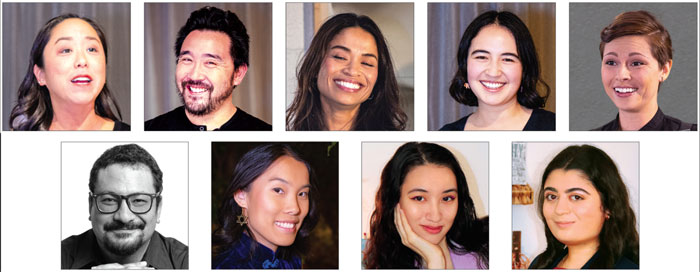
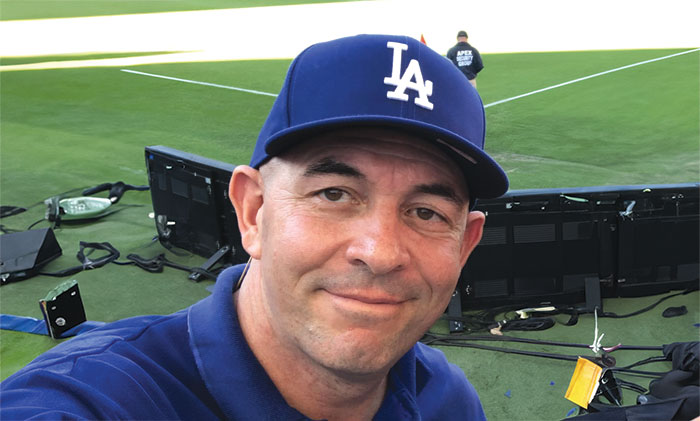
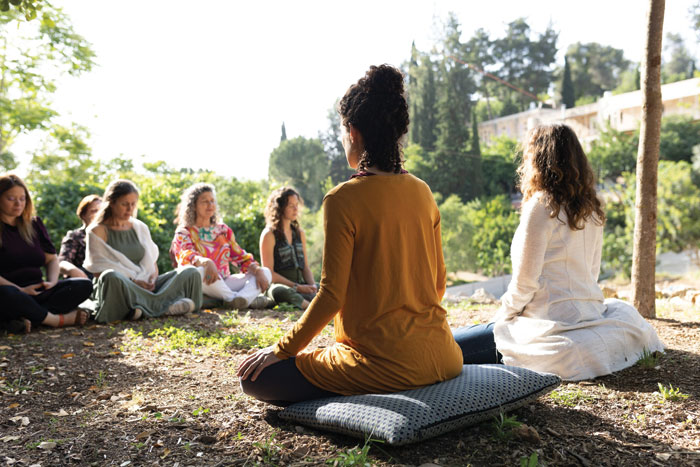

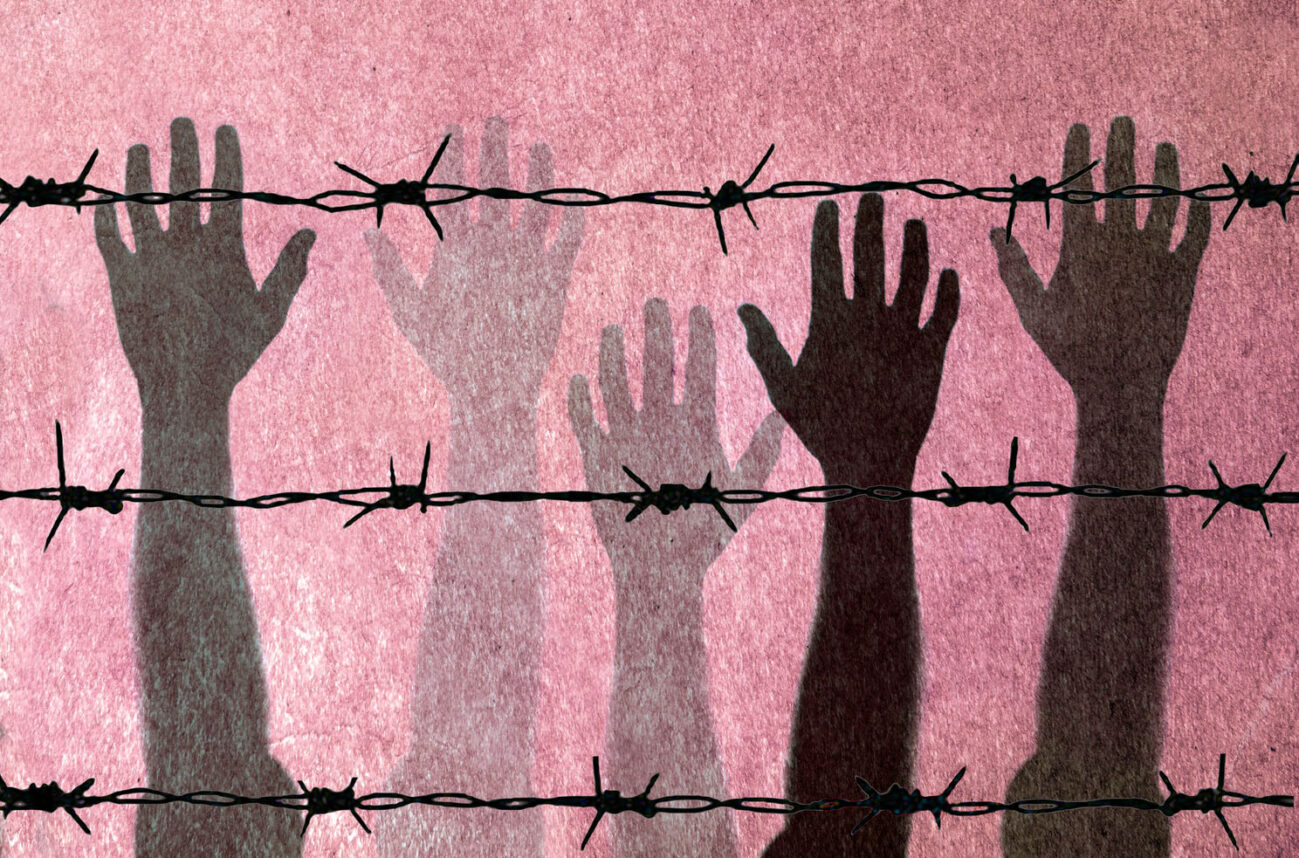


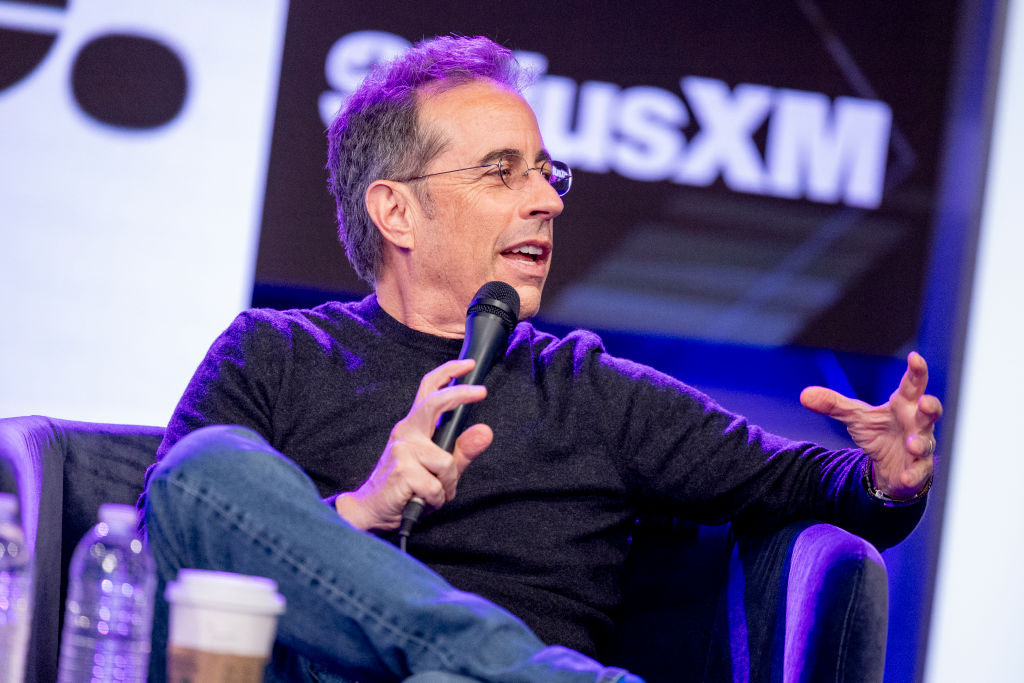


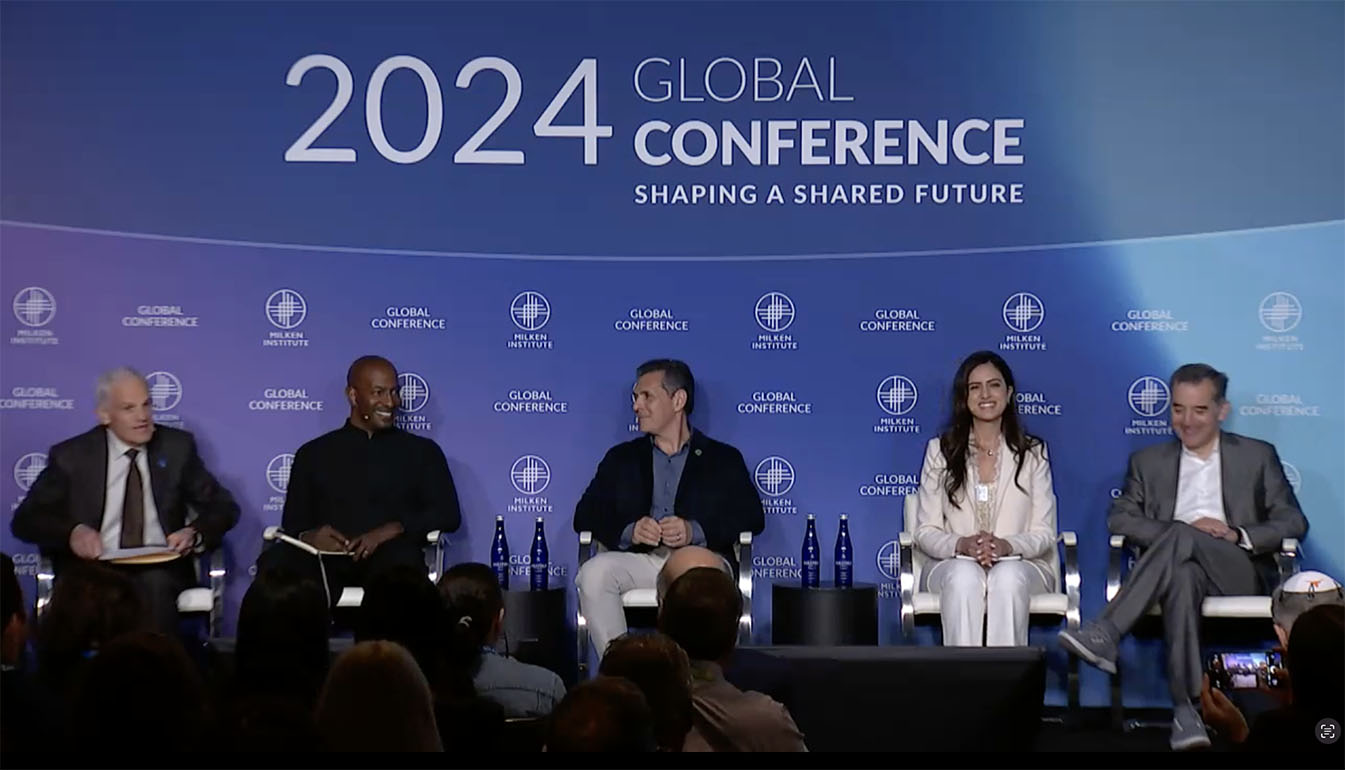





 More news and opinions than at a Shabbat dinner, right in your inbox.
More news and opinions than at a Shabbat dinner, right in your inbox.